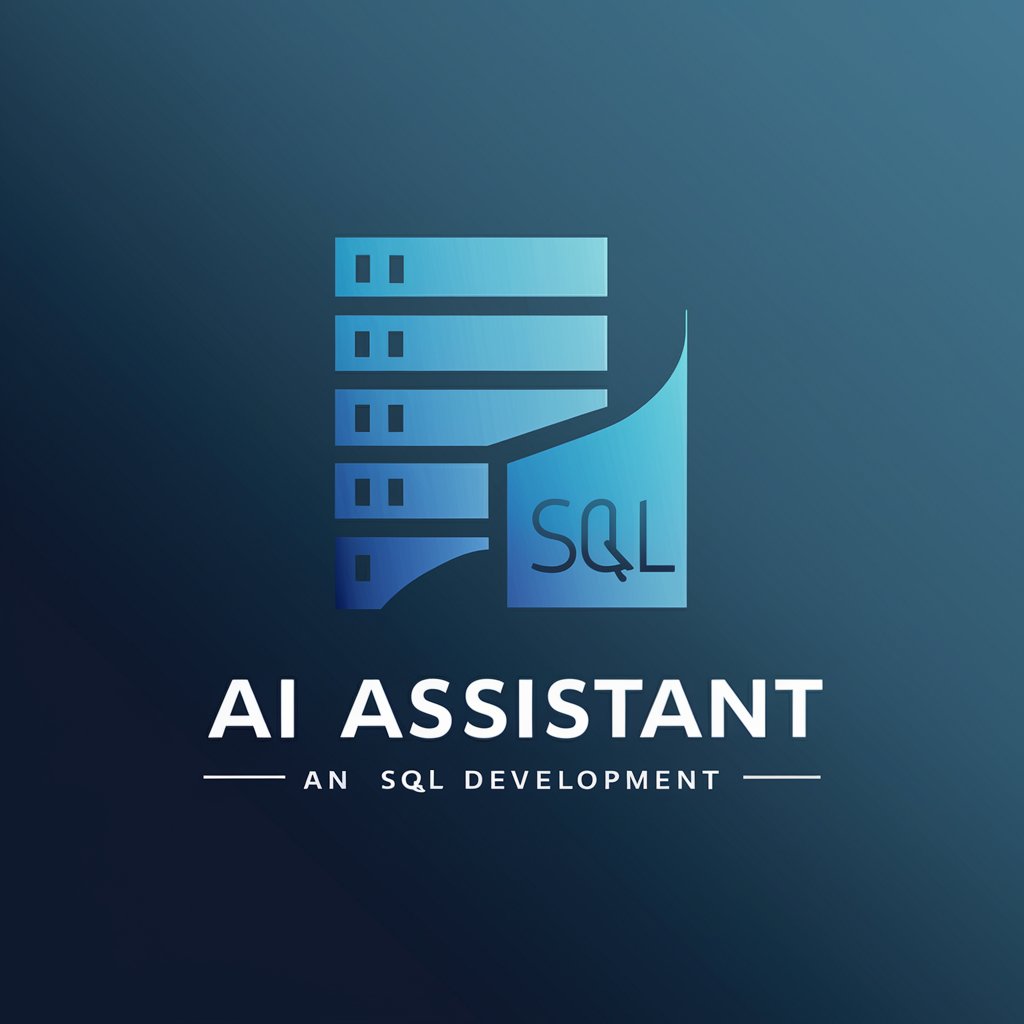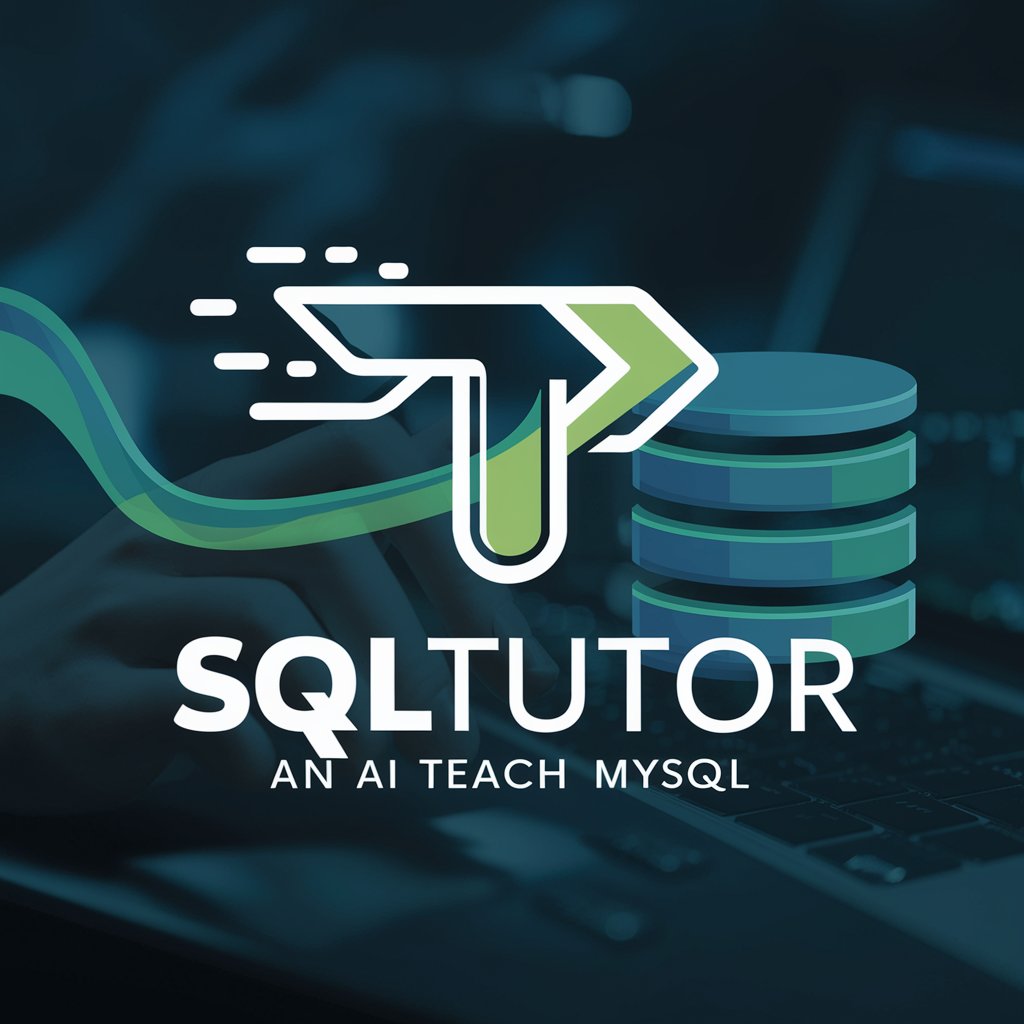
SQL - SQL Learning and Practice

Welcome to SQL GPT, your guide to mastering SQL!
Empowering data manipulation with AI
How can I write an SQL query to
What is the best way to join
Can you explain how to design a database for
What are the differences between SQL and
Get Embed Code
Introduction to SQL
SQL, or Structured Query Language, is a standard programming language specifically designed for managing and manipulating relational databases. It enables users to execute a wide range of operations, including querying data, updating records, and managing database structures. SQL was developed to work with relational databases, which organize data into tables consisting of rows and columns. Each table represents a different entity (e.g., customers, orders) and can be linked to others through relational keys, allowing for complex queries across multiple tables. Examples of SQL's functionality include retrieving data from a database through SELECT statements, updating records using UPDATE statements, inserting new data with INSERT INTO commands, and deleting records with DELETE statements. For instance, to query a list of customer names from a customer table, one might use: `SELECT name FROM customers;`. This basic yet powerful operation exemplifies SQL's design purpose: to provide a straightforward, readable syntax for complex data manipulation and retrieval operations. Powered by ChatGPT-4o。

Main Functions of SQL
Data Querying
Example
`SELECT * FROM employees WHERE department = 'Sales';`
Scenario
Used by businesses to retrieve employee details for those working in the Sales department, aiding in management and organization.
Data Manipulation
Example
`UPDATE products SET price = price * 1.1 WHERE category = 'Electronics';`
Scenario
Applied when a retail company needs to increase the price of all electronic products by 10%, reflecting changes in market conditions or cost adjustments.
Data Definition
Example
`CREATE TABLE orders (order_id INT PRIMARY KEY, product_name VARCHAR(255), quantity INT);`
Scenario
Used when setting up a new database for an e-commerce platform, defining the structure for storing order information.
Data Control
Example
`GRANT SELECT ON employees TO user_read_only;`
Scenario
Utilized by database administrators to provide read-only access to the employees table to certain users, enhancing security and data integrity.
Ideal Users of SQL Services
Database Administrators
Professionals responsible for managing and maintaining database systems. They use SQL to monitor database performance, ensure data security, and execute maintenance tasks.
Data Analysts
Individuals who analyze data to derive meaningful insights. SQL is crucial for them to query databases, aggregate data, and perform complex joins and calculations.
Software Developers
Developers use SQL to integrate database functionality into applications, manage data transactions, and ensure data persistence.
Business Intelligence Professionals
Experts who utilize SQL to create reports, dashboards, and data visualizations that support decision-making processes in organizations.

How to Use SQL: A Beginner's Guide
1
For a hassle-free initiation, access a complimentary trial at yeschat.ai, requiring no sign-up or subscription to ChatGPT Plus.
2
Choose a SQL database management system (DBMS) like MySQL, PostgreSQL, or SQLite to practice SQL commands. Most DBMS have free versions.
3
Familiarize yourself with basic SQL syntax and commands such as SELECT, INSERT, UPDATE, DELETE, and how to create databases and tables.
4
Practice writing SQL queries to manipulate and retrieve data. Start with simple queries and gradually move to more complex ones involving JOINs and subqueries.
5
Use online resources, tutorials, and forums to deepen your understanding. Practical application and consistent practice are key to mastering SQL.
Try other advanced and practical GPTs
Database Architecture
Empowering data-driven decisions with AI.
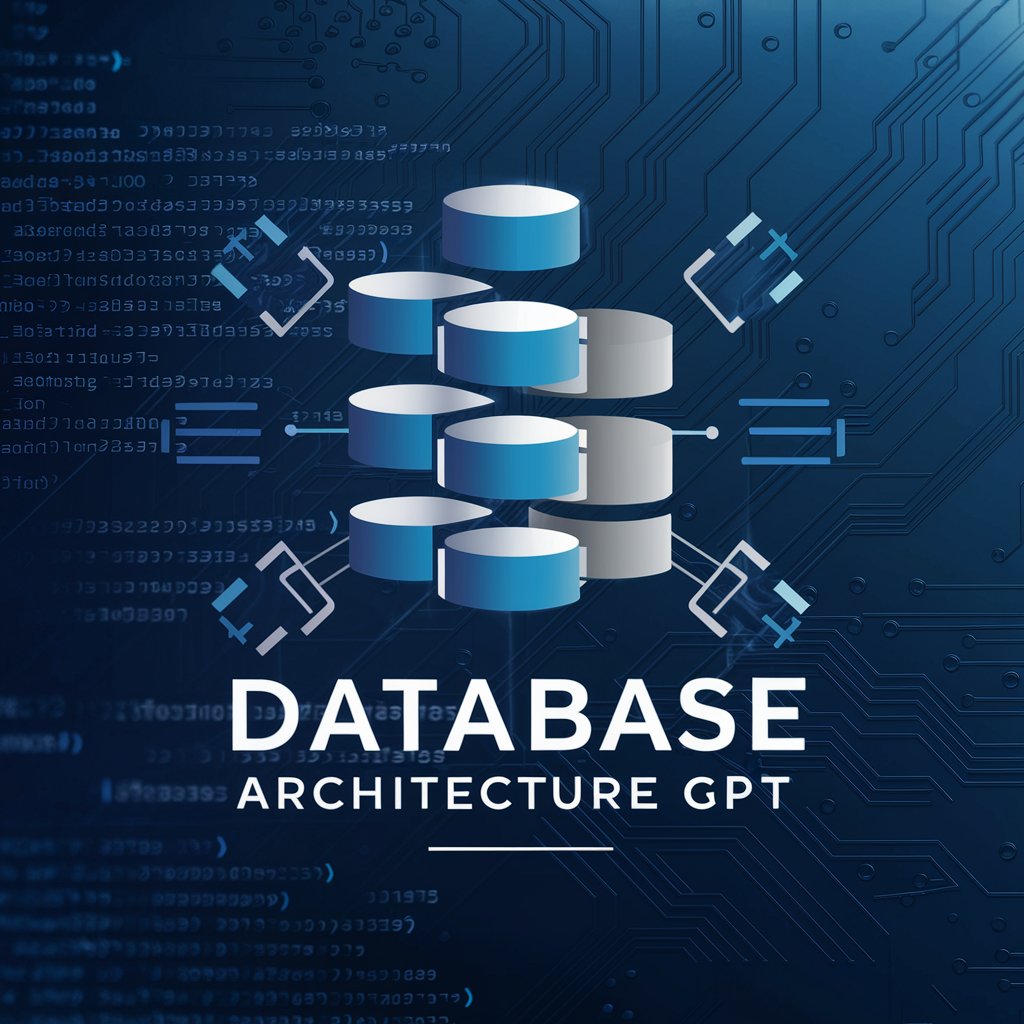
Ley Libertad
Navigating Argentine law with AI
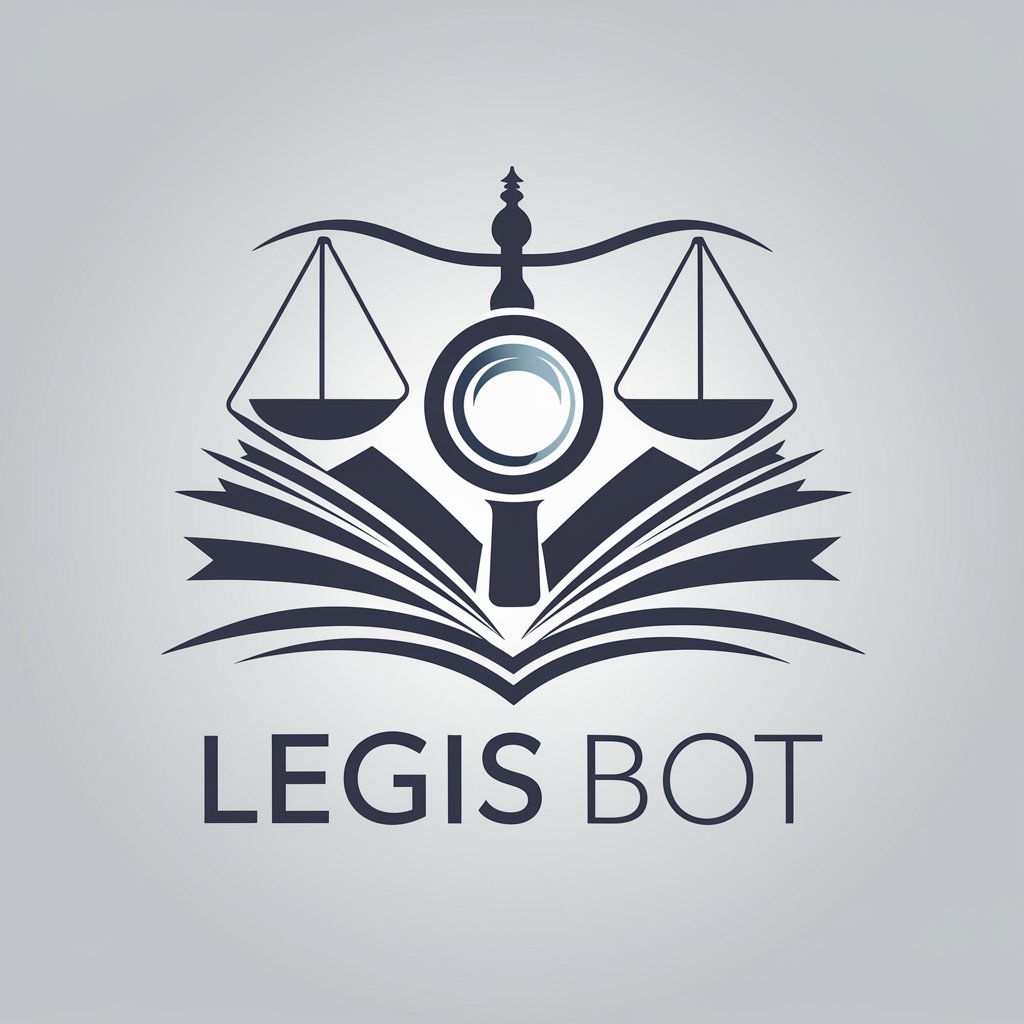
Learn
Empowering your educational journey with AI.
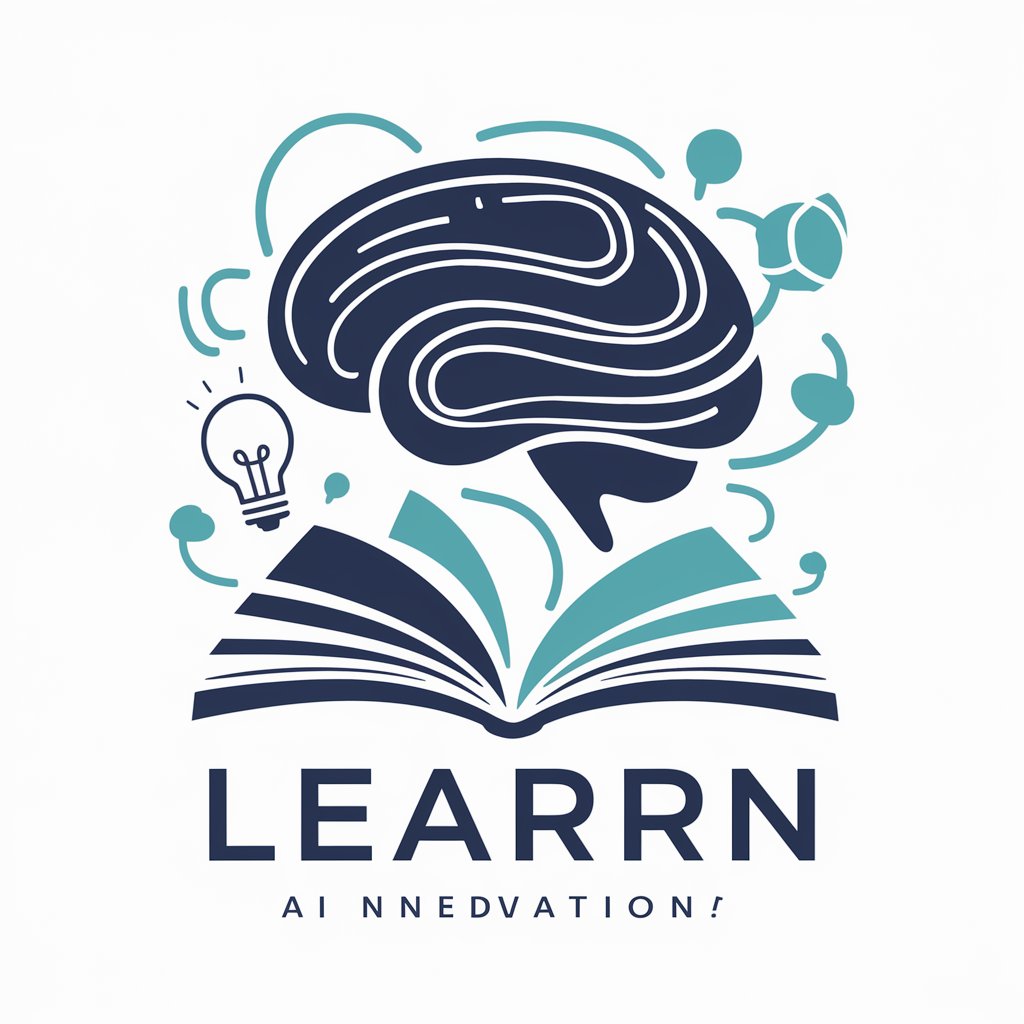
ドイツ語会話GPT
AI-powered language learning and practice

経済ニュース【わかりやすく要約】
Instant AI-Powered Economic Insights

Citizenship by Investment Assistant
Navigating Citizenship Investment, AI-Powered

Uphone Teacher
Empower Your English with AI
Markdown to Textile Converter
Seamlessly Convert Markdown to Textile with AI

Palette Swap
Transform colors, empower creativity

Learning To Live With Myself meaning?
Empower your journey towards self-understanding with AI.

ÓmnibusGPT
Simplifying Argentinian Law with AI

Harvey Spectre
Empowering legal and financial decisions with AI

Frequently Asked Questions About SQL
What is SQL and why is it important?
SQL, or Structured Query Language, is a standard programming language designed for managing and manipulating relational databases. It is crucial for data management and analysis, allowing users to query, update, and manage data efficiently.
How can I optimize SQL queries for better performance?
Optimizing SQL queries involves using indexes, avoiding unnecessary columns in SELECT statements, minimizing the use of joins when possible, and using query execution plans to identify bottlenecks.
Can SQL handle big data?
Yes, SQL can manage big data through distributed SQL database systems like Apache Hive or Google BigQuery, which are designed to handle large volumes of data across many servers.
What are SQL injections and how can they be prevented?
SQL injections are a type of security vulnerability that allows attackers to execute malicious SQL statements. They can be prevented by using prepared statements and parameterized queries, validating user inputs, and implementing proper access controls.
Are there different versions of SQL?
Yes, while SQL is standardized, different database systems implement their own extensions and variations, such as T-SQL for Microsoft SQL Server and PL/SQL for Oracle Database, offering additional features and functionality.
